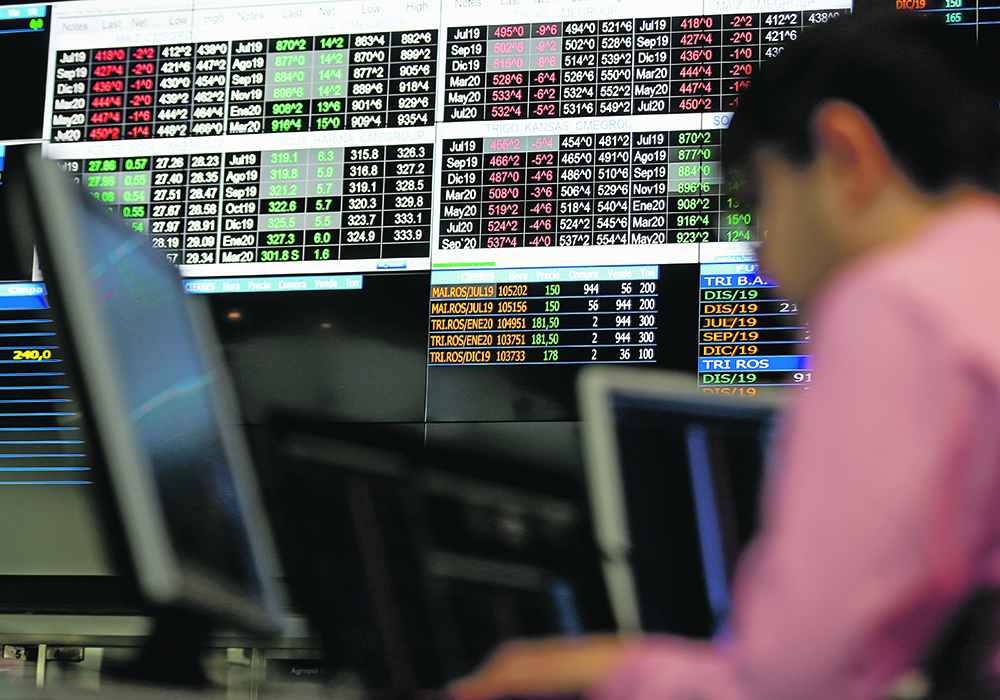Derivatives markets in grain continue to evolve as impacts of COVID-19 and the winds of protectionism buffet the global industry.
Grain exchange officials from Europe and South America told the International Grains Council annual conference that they continue to develop new products and are modifying the products that the ever-changing industry could use.
“It really highlights the fact that … the commodity futures markets are vital, and a vital link, within the whole supply chain,” said Nicholas Kennedy June 11 about the exchanges’ roles in making hedging, commercial transactions and speculation secure, transparent and available to all players.
Read Also

Critical growing season is ahead for soybeans
What the weather turns out to be in the United States is going to have a significant impact on Canadian producers’ prices
Louis Gourbin of Brazil’s B3 exchange said increasing diversity in global grain production zones makes organizations like his see potential for growth.
“We want to accompany the increasing grain production and exports from South America,” said Gourbin.
That continent’s crop production, particularly Brazil’s, has seen spectacular growth over the past 20 years. That provides a good basis for existing futures contracts based upon the South American grain markets, as well as offering potential for new contracts for crops that are presently hedged off other markets.
“We believe there’s a strong case for more locally hedged products,” said Gourbin.
The expansion of Black Sea crop exports and the continuing large exports from Western and Central Europe provide support for contracts based on European market conditions, said Kennedy, the head of commodities for Euronext.
It is currently developing cash-settled durum and feed barley futures contracts and hopes to add more as it moves beyond relying upon physically settled futures.
“We want to start small,” said Kennedy.
The exchange is also developing more warrants-based contracts.
The COVID-19 shock to the world’s food system is likely to provoke more interest in local food supplies and systems, something that could create more interest in regional contracts, Kennedy said.
The United States trade war with China has helped boost interest in South American contracts for crops like soybeans because U.S. market conditions are a less reliable gauge of world prices now.
“Recent upsets in global equilibrium… have changed the game,” said Gourbin.
“Who could have imagined two years ago that an American president would hurt its base and allow tariffs on such a sensitive national product such as soybeans.
“I think it created a precedent that this trust can be broken and that these tariffs can spring back and forth. Ultimately, I think this is favourable to Brazil as a producer and it has an opportunity to step up to the challenge of offering a more neutral and maybe closer to the source alternative for investors in grain and other resources.”


















